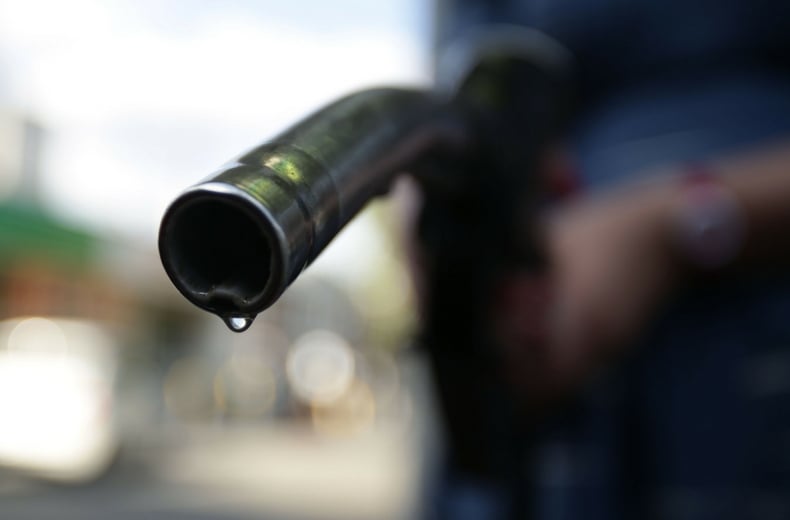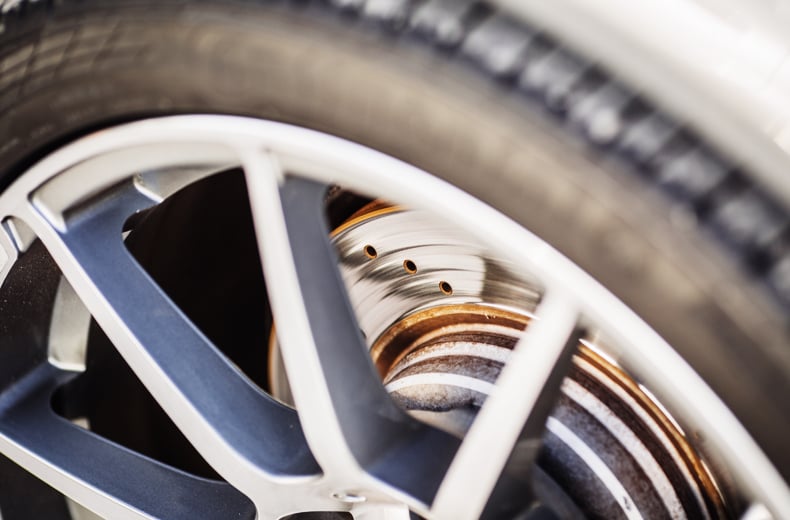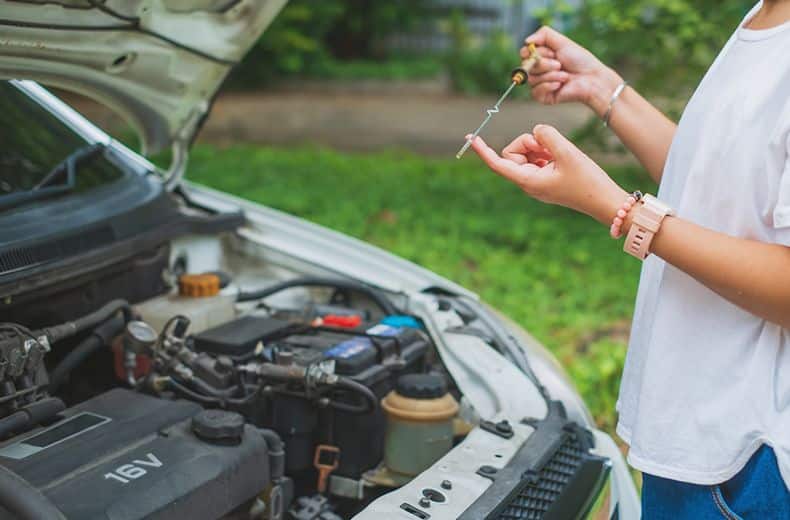RAC research found that just a fifth of drivers (19%) say they always check their cars are ‘road-ready’ for making a trip, increasing the potential for breakdowns. Half of drivers (51%) said they sometimes check their cars over before setting out but an alarming 30% said they never do. The RAC is therefore reminding people of the importance of spending some time checking their vehicles’ oil, coolant and tyres to ensure as many trouble-free journeys as possible.
Spending five minutes carrying out these simple checks every few weeks – and certainly before a long journey or an MOT – can save you a lot of time and money in the long run, not to mention help keep you safe on the roads.
To keep things simple, here are a few simple car checks you can carry out today to keep your car safely on the road and on the right side of the law. To kick things off, here’s RAC patrol Matt Woodbridge demonstrating four simple under-the-bonnet checks:
When it comes to preventing a breakdown, remember the acronym FORCES, which stands for Fuel, Oil, Rubber, Coolant, Electrics, Screen wash.
1. Fuel

Check you have plenty of fuel in your tank for your journey. It may sound obvious but you’d be surprised just how many people run out of fuel, particularly in harsh winter weather.
2. Oil
RAC patrols check the oil level of every vehicle they attend and find one in three are dangerously low. This can cause a breakdown and lead to catastrophic engine damage if left unresolved.
Check your oil level is between the minimum and maximum mark on your car’s dipstick and top up if necessary.
If you don’t know which type of oil you need to use, refer to your owner’s handbook or speak to your local dealer.
3. Rubber
When it comes to rubber, check both your tyres and wiper blades on a regular basis.
Check your tyres for general wear and tear, splits or bulges, and crucially tread depth. Minimum tread level is 1.6mm, although in winter it’s advisable to have 3mm of tyre tread to help with traction and grip.
Also ensure you’ve got the correct pressure in your tyres, checking your owner’s handbook if you don’t know the correct inflation.
Examine your wiper blades as these won’t last forever and need replacing from time to time due to splits and cracks.
4. Coolant
Check your car’s coolant level. The last thing you need is a frozen engine or for your car to overheat.
Although it’s a sealed system and shouldn’t need to be topped up, you should always double check, especially before a long journey.
Check your coolant levels when the engine is cold and look in your handbook for the correct coolant and mix to use should you need to top it up.
5. Electrics
There are plenty of electrics in your car – from headlights and fog lights to your battery – and they all need to be checked regularly to keep you safe.
Have another person walk around the car and make sure your lights are all working, even the number plate lights, as you can be fined for having a registration that can’t be seen.
You should also check your battery, making sure the terminals are clean and tight (cleaning off any corrosion with hot water and applying petroleum jelly) and that the engine starts correctly.
If your engine struggles to start when you turn the key, get the battery checked by our workshop. If your battery is over four years old it may be getting to the end of its life and could let you down.
RAC patrols deal with over 400,000 battery related faults every winter as the cold weather takes its toll on older tired batteries and the wet and ice conditions play havoc with the electrics. Batteries have to work that much harder in cold conditions and they have endure greater demand from extra electrical equipment like the lights and the heater.
6. Screen wash
Check your screen wash level in the tank under the bonnet, topping up if necessary with a quality screen wash additive or pre-mix.
Screen wash is important all year round. In winter snow and grit cause dirty windscreens, while in summer bugs and pollen can easily smear your view – so never put off checking your levels
Aside from the vital FORCES checks, it’s also worth carrying out a few additional car maintenance checks on other parts of your vehicle to extend its life and avoid a breakdown.
7. Brakes

It’s hard to underestimate the importance of properly-functioning brakes, so keeping them maintained is essential.
Start off by checking the brake fluid level and if low, top it up – check your vehicle handbook for the correct fluid specification Be careful as brake fluid is corrosive, and if you feel unsure then just ask our workshop to look at it for you.
Following these simple checks may prevent a breakdown spoiling your Easter getaway.
